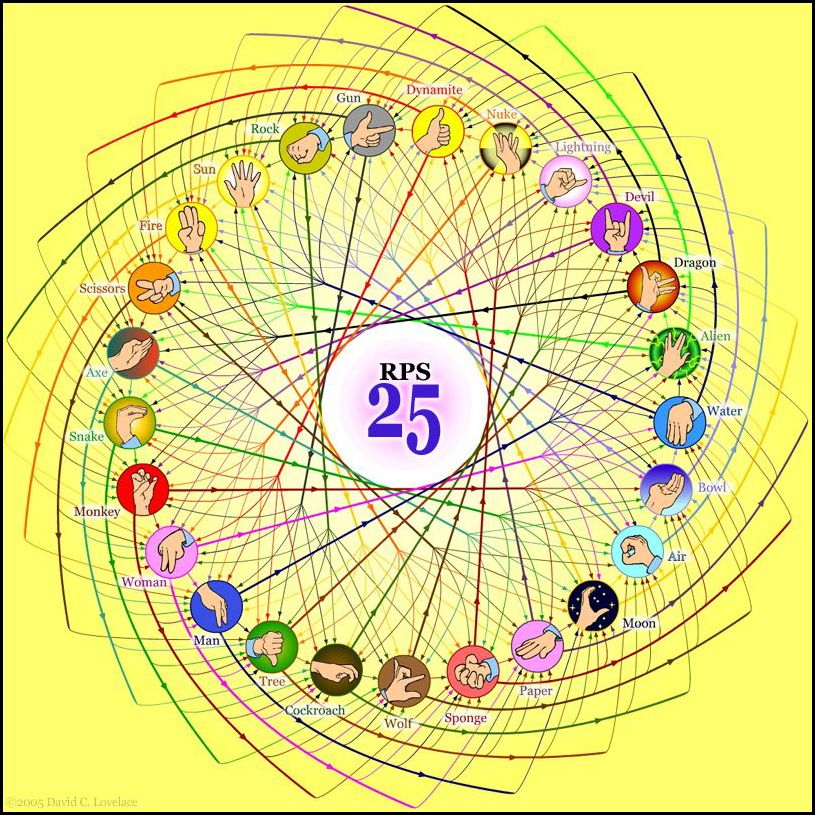This extremely rare rainbow - a circumhorizon arc - was spotted last week near the border of Idaho and Washington. Here's what the Daily Mail
had to say about it:
In a breathtaking blaze of glory, Nature puts on one of its most spectacular sky shows. Reds, oranges, blues and greens create a flaming rainbow that stretches above the clouds.
But this circumhorizon arc, as it is known, owes more to ice than fire. It occurs when sunlight passes through ice crystals in high cirrus clouds. It is one of 15 types of ice halos formed only when the most specific of factors dovetail precisely together.
This blanket of fire, covering hundreds of square miles, is the rarest phenomenon of them all. It was spotted in the US on the Washington-Idaho border around midday last Saturday.
... (click here for the full story) ...
Now listen to how God describes the glory of the heavens:
1 The LORD reigns, let the earth rejoice;
let the many coastlands be glad!
2 Clouds and thick darkness are all around him;
righteousness and justice are the foundation of his throne.
3 Fire goes before him
and burns up his adversaries all around.
4 His lightnings light up the world;
the earth sees and trembles.
5 The mountains melt like wax before the LORD,
before the Lord of all the earth.
6 The heavens proclaim his righteousness,
and all the peoples see his glory.
7 All worshipers of images are put to shame,
who make their boast in worthless idols;
worship him, all you gods!
Psalm 97: 1-7
What I find so interesting is that everyone really DOES see the glory, just like the psalm says. Heck, that's why newspapers like the Daily Times print the picture in the first place - because it IS glorious, people will be moved by it, it will sell their papers and make their advertisers happy.
Nevertheless, even though we see his glory, how do we respond? God speaks to us, he calls us "little gods," and he tells us that the proper response to such glory is nothing less than worship. Yet how do we typically respond? Just like the article - we speak of "Nature."
I suspect we do this a) because it's more culturally acceptable, but b) because it's also impersonal (and thus non-threatening). Nature won't send you to hell because you refuse to recognize the beauty in it, because you won't bow to it. Nature is just
there - neither good nor bad, just neutral (that's how we think anyway).
The problem with this way of thinking is that it can't explain beauty. You see beauty can only exist where there is a concept of
value - where things are good and bad, beautiful or ugly, better or worse. In a truly natural universe, where everything is a product of time and chance, there really is no room for Beauty. Things are just the way they ARE. Period. End of discussion. Oh, and by the way, there's no room for Meaning either. Everything just IS. Shit happens. Survival of the fittest. We're all going to be fertilizer someday, its just a matter of time.
The problem is, no one really wants to LIVE in this kind of world. That's not surprising, either - Scripture tells us that it is because we were meant for something more, something glorious, something beautiful. After all, God himself calls us "gods." There really IS something splendid about humanity, even in its fallen, bent, messed up state. We were created for something wonderful.
But that wonder and glory is derivative. We are meant to be mirrors, reflecting God's glory back to him. And that's precisely what the rest of creation does. Rainbows are glorious not because of "Nature", not because of random ice crystals floating through the atmosphere - No! Rainbows (and all of creation) is glorious because the Creator is glorious. Creation is a mirror, a dim window, into the eternal, unseen, brilliant GLORY of the Godhead.
That's how creation functions, and we all see it plainly. But we are meant to follow this weight of glory to its source, to God, and to respond to it as worshippers, rather than consumers. The former looks to God, with a humble heart and contrite spirit and praises him for caring about us; the latter looks at creation and says, "Ooh, I like that, I want it, on my wall, in my house." We want to own, master, control creation, for our own ends, not His. And that is rebellion of the worst degree.
Take another look at this rainbow like no other, and ask yourself what
you see.
My company in NYC was doing a community service day in the South Bronx. On the way there, I got waylaid on the street by a short older man who said in a thick Jackie Mason accent: "Young man! Do you want to learn electrical engineering?"








